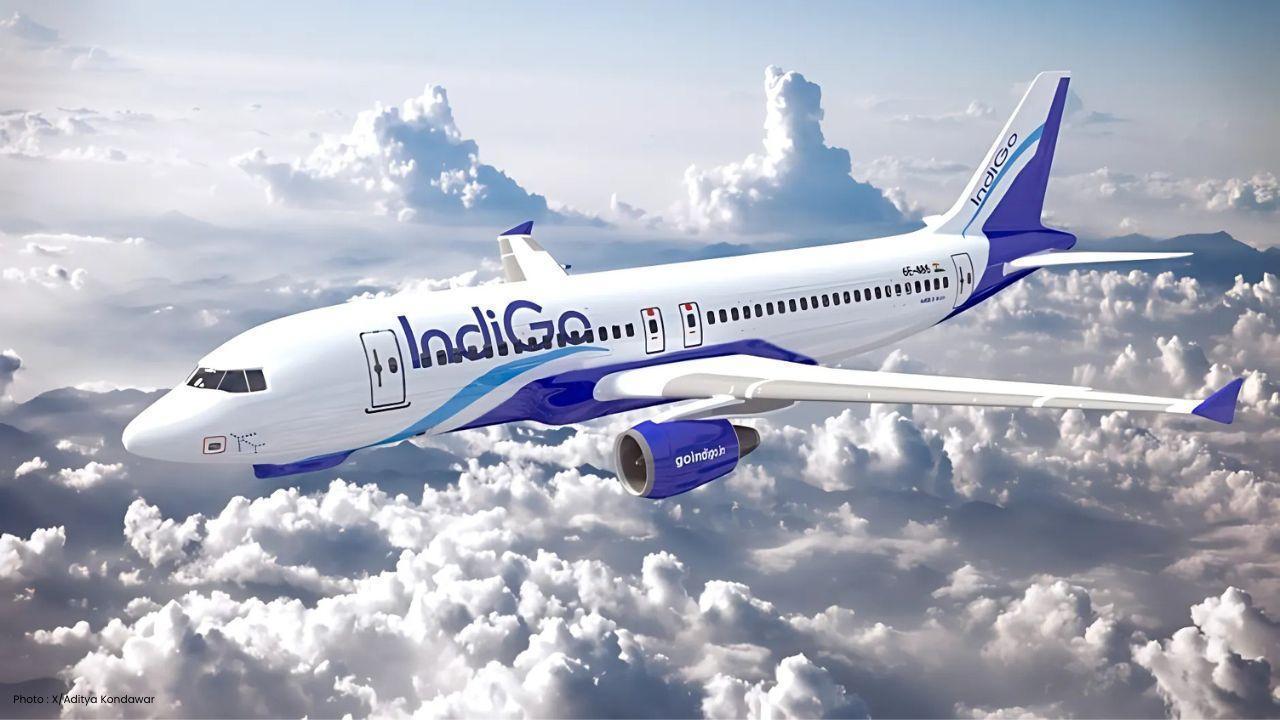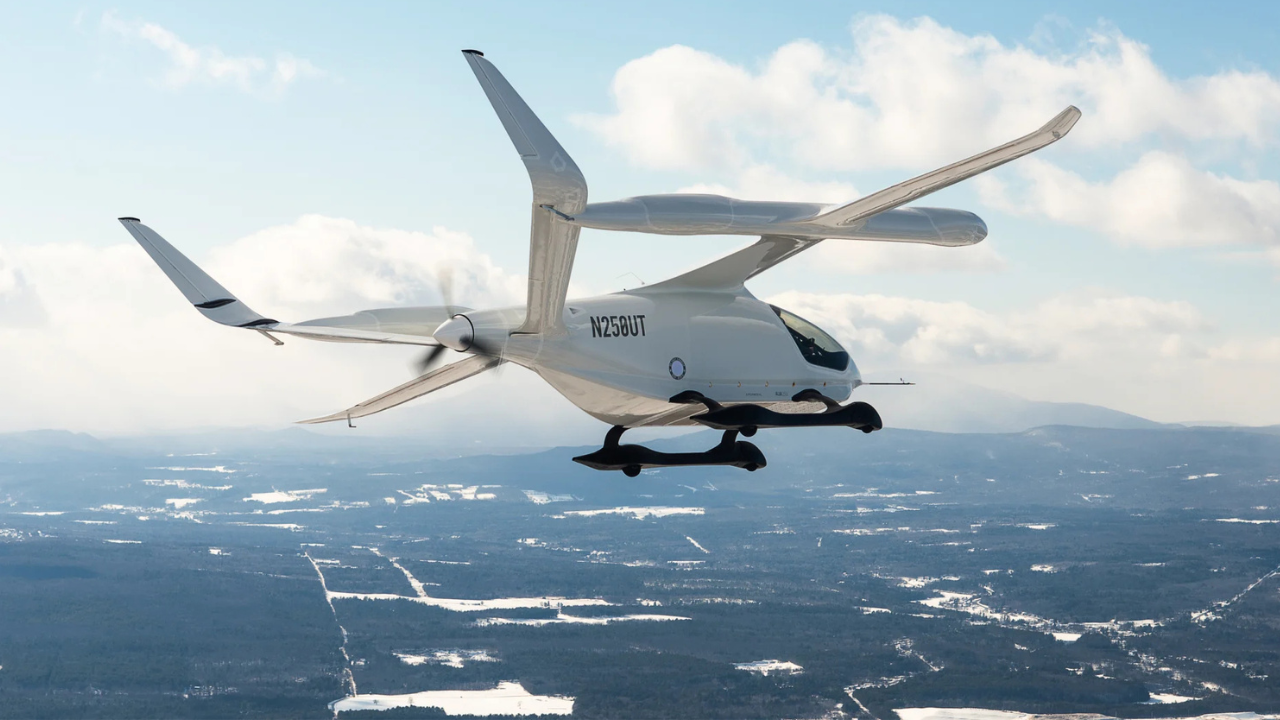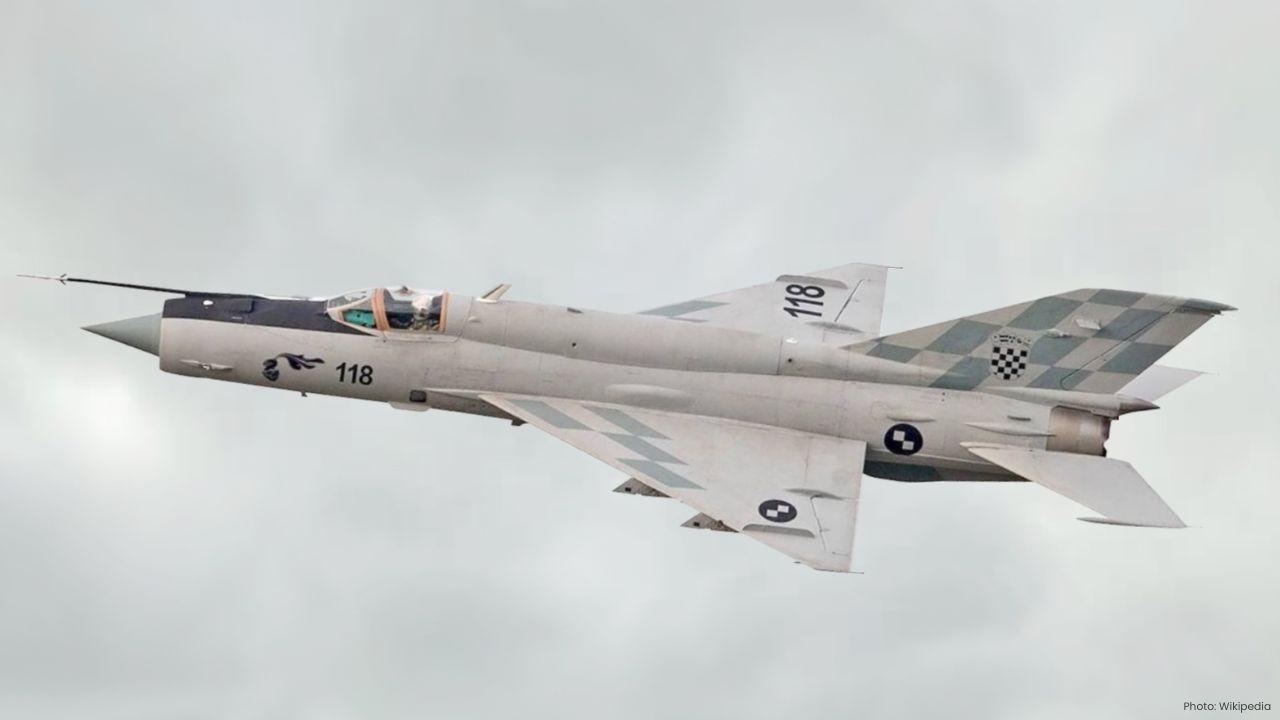
Post by : Avinab Raana
IndiGo Accelerates International Growth
India’s largest low-cost airline, IndiGo, is intensifying its international growth strategy, turning its attention to the burgeoning Saudi Arabian aviation market. The move is part of a broader vision to expand the airline’s footprint in the Middle East and strengthen connectivity between India and key international destinations. CEO Pieter Elbers has emphasized that Saudi Arabia presents a promising market opportunity, driven by rising demand for air travel and the ambitious objectives outlined in Saudi Vision 2030, which aims to transform the country into a global tourism and business hub.
By targeting Saudi Arabia, IndiGo is not just entering a new market; it is positioning itself strategically to capitalize on a region undergoing rapid infrastructure development, evolving travel trends, and increasing economic diversification. Analysts see this as a pivotal move for IndiGo’s international operations, as the airline seeks to expand its network beyond traditional routes to capture emerging opportunities in high-potential markets.
Saudi Arabia’s Transforming Aviation Landscape
Saudi Arabia is rapidly transforming its aviation sector under Vision 2030. The country is investing heavily in airport expansions, modernizing infrastructure, and promoting tourism to attract international travelers. Cities such as Riyadh, Jeddah, and Dammam are expected to become major hubs for international air traffic, opening new opportunities for airlines like IndiGo.
IndiGo’s entry into the Saudi market aligns with the nation’s strategic plans to enhance regional connectivity and strengthen its position as a transit hub between Asia, Europe, and Africa. The airline is closely monitoring the development of key airports, including King Khalid International Airport in Riyadh and King Abdulaziz International Airport in Jeddah, ensuring its route planning is synchronized with operational capacity and passenger demand.
In addition to infrastructure, Saudi Arabia is experiencing a growing demand for air travel driven by tourism, religious pilgrimage, and business activities. The introduction of international routes by IndiGo is expected to cater to Indian expatriates, business travelers, and leisure passengers seeking convenient and affordable travel options between India and Saudi Arabia. By leveraging its low-cost model and efficient operations, IndiGo can potentially capture a significant market share in a competitive environment that includes both national carriers and other international airlines.
IndiGo’s expansion in the Middle East is already underway, with significant growth in the UAE market, where the airline now operates 111 weekly flights, up from 35 flights in 2023. This expansion highlights IndiGo’s commitment to enhancing connectivity between India and the Gulf region, demonstrating both operational capability and strategic foresight.
For Saudi Arabia, IndiGo is adopting a measured and strategic approach. CEO Pieter Elbers has emphasized the importance of timing and infrastructure, citing a “chicken and egg” dynamic: launching flights requires both market readiness and sufficient airport and ground support infrastructure. IndiGo is carefully assessing passenger demand, competitive dynamics, and regulatory frameworks to ensure its entry is sustainable and profitable.
The airline plans to operate a mix of Airbus A320neo family aircraft on these routes, leveraging their fuel efficiency, lower operational costs, and passenger comfort. This fleet choice allows IndiGo to offer competitive fares while maintaining profitability, a key factor in expanding into a new international market. Early indications suggest that IndiGo will focus on routes connecting major Indian cities such as Delhi, Mumbai, and Bengaluru with Riyadh and Jeddah, providing a balanced mix of business and leisure services.
Beyond passenger services, IndiGo is also exploring cargo opportunities in Saudi Arabia. The airline’s aircraft belly capacity can support freight operations, addressing growing demand for logistics between India and the Middle East. By integrating cargo into its operational strategy, IndiGo can diversify revenue streams and enhance route viability, which is especially important for a new international destination.
IndiGo is also emphasizing the passenger experience in its Middle East expansion. The airline is rolling out enhanced cabin features, including more spacious seating in its economy and business segments, improved in-flight services, and seamless connections to onward flights across its global network. This focus on customer experience complements IndiGo’s low-cost strategy and helps differentiate the airline in a market increasingly sensitive to both price and service quality.
Market Impact and Regional Significance
The entry of IndiGo into Saudi Arabia is expected to intensify competition among airlines in the region. Gulf carriers, Indian airlines, and international operators are likely to adjust their capacity and pricing strategies to respond to new competition. For travelers, this means more choices, potentially lower fares, and improved service options.
For Gulf countries, IndiGo’s expansion supports broader economic objectives under Vision 2030. Increased connectivity can boost tourism, trade, and investment, while also enhancing the region’s profile as a gateway between Asia and the rest of the world. Indian expatriates in Saudi Arabia, who constitute a significant proportion of air travelers, stand to benefit from more direct flights, better schedules, and competitive fares.
This strategic move also demonstrates IndiGo’s long-term commitment to international markets. By establishing a foothold in Saudi Arabia, the airline can leverage this base to expand further into the broader Middle East, Africa, and even Europe, creating a network of international routes that strengthen its global brand presence.
Looking Ahead
IndiGo’s planned entry into Saudi Arabia represents a calculated, strategic move to capture growth in a high-potential market. By combining low-cost efficiency, modern aircraft, and strategic route planning, the airline is positioning itself to benefit from rising travel demand under Vision 2030.
As the airline begins operations, travelers can expect enhanced connectivity, affordable fares, and improved service quality, while the region benefits from stronger links with India and beyond. For the airline industry, IndiGo’s Saudi expansion is a clear signal of evolving market dynamics, emphasizing how low-cost carriers are becoming key players in international aviation growth.
With robust planning, a focus on passenger experience, and alignment with regional development objectives, IndiGo is setting the stage for a new chapter in its international journey, one that promises increased traffic, stronger market presence, and greater visibility across the Middle East and Asia.
#trending #latest,IndiGo, Saudi Arabia, Middle East, Aviation Expansion, Vision 2030, International Routes, Airline Strategy, Pieter Elbers










Bengaluru-Mumbai Superfast Train Approved After 30-Year Wait
Railways approves new superfast train connecting Bengaluru and Mumbai, ending a 30-year demand, easi

Canada Post Workers Strike Halts Nationwide Mail and Parcel Services
Canada Post halts operations as CUPW strike disrupts mail and parcel delivery nationwide amid disput

PM Modi Launches BSNL ‘Swadeshi’ 4G Network, 97,500 Towers Built
India enters global telecom league as PM Modi inaugurates BSNL’s indigenous 4G, connecting 26,700 vi

India’s Iconic MiG‑21 Takes Final Flight After Six Decades of Service
After 60 years India retires its MiG‑21 fighter jet, a legendary yet controversial warplane marking

Hindustan Zinc unveils AI hotspot monitoring at Debari smelter
Hindustan Zinc launches AI-powered Switchyard Hotspot Monitoring at Debari smelter to cut outages bo

Chinese experts worked inside sanctioned Russian drone plant
Chinese drone specialists visited IEMZ Kupol supplying parts and drones via intermediaries, deepenin